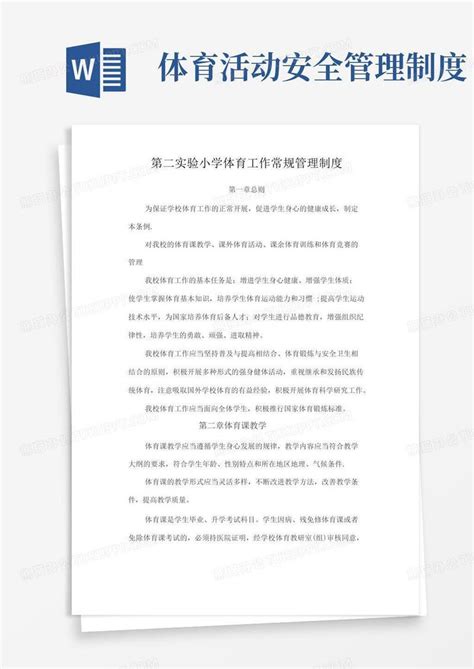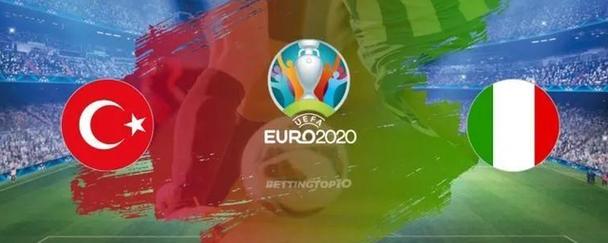In Spain, sports management regulations cover a wide range of areas related to the organization, administration, and promotion of sports activities. Understanding these regulations is crucial for sports organizations, clubs, athletes, and other stakeholders to ensure compliance and smooth operations. Below, I will provide an overview of some key sports management regulations in Spain in English:
Sports organizations and clubs in Spain are governed by the Sports Law of Spain (Ley del Deporte). This law outlines the requirements for the establishment and operation of sports entities, including registration, governance structure, and financial transparency. It also regulates the relationships between sports organizations, athletes, and other entities involved in sports activities.

The regulations concerning athlete contracts and transfers are crucial in ensuring fair play and preventing disputes between athletes and clubs. In Spain, these regulations are governed by the Spanish Sports Arbitration Court (Tribunal de Arbitraje Deportivo), which oversees disputes related to athlete contracts, transfers, and disciplinary matters.
Spain has stringent antidoping regulations in line with the World AntiDoping Agency (WADA) guidelines. The Spanish Agency for Health Protection in Sport (Agencia Española de Protección de la Salud en el Deporte) is responsible for implementing and enforcing antidoping measures to maintain the integrity of sports competitions and protect the health of athletes.
Event management regulations in Spain focus on ensuring the safety and security of participants, spectators, and officials during sports events. These regulations cover aspects such as venue safety, crowd control, emergency preparedness, and medical services. Compliance with these regulations is essential for obtaining event permits and licenses.
The regulations governing sports marketing and sponsorship activities in Spain aim to strike a balance between commercial interests and the integrity of sports. These regulations cover areas such as advertising standards, athlete endorsements, and the rights of sports organizations and sponsors. Compliance with these regulations is vital for all parties involved in sports marketing and sponsorship deals.
In Spain, sports broadcasting rights are governed by the Audiovisual Law (Ley Audiovisual) and other related regulations. These laws outline the rights and obligations of broadcasters, sports organizations, and content providers regarding the broadcast of sports events. Understanding these regulations is essential for negotiating broadcasting agreements and protecting intellectual property rights.
Governance and ethics regulations play a significant role in ensuring transparency, accountability, and fair play in sports management. Sports organizations in Spain are required to adhere to ethical standards, codes of conduct, and governance principles to prevent corruption, conflicts of interest, and other unethical practices.
Overall, understanding and complying with sports management regulations in Spain is essential for the successful operation of sports organizations and the promotion of sports activities. By staying informed about these regulations and seeking legal guidance when needed, stakeholders in the sports industry can navigate the complex legal landscape and contribute to the growth and development of sports in Spain.

马龙乒坛不老神话,36岁再创佳绩乒坛巨变张本智和的挑战与马龙的辉煌乒...

中国体育界的两大挑战男足与男篮的水平分析足球与篮球在中国男子队伍的竞...

最近,李景亮参加奇马耶夫比赛的直播事件引起了广泛关注。作为一名问答专...
克里斯蒂亚诺·罗纳尔多是一名葡萄牙足球运动员,目前效力于意大利的尤文...

欧洲杯是欧洲足球最高水平的国家队比赛,每四年举办一次。这种举办周期的...